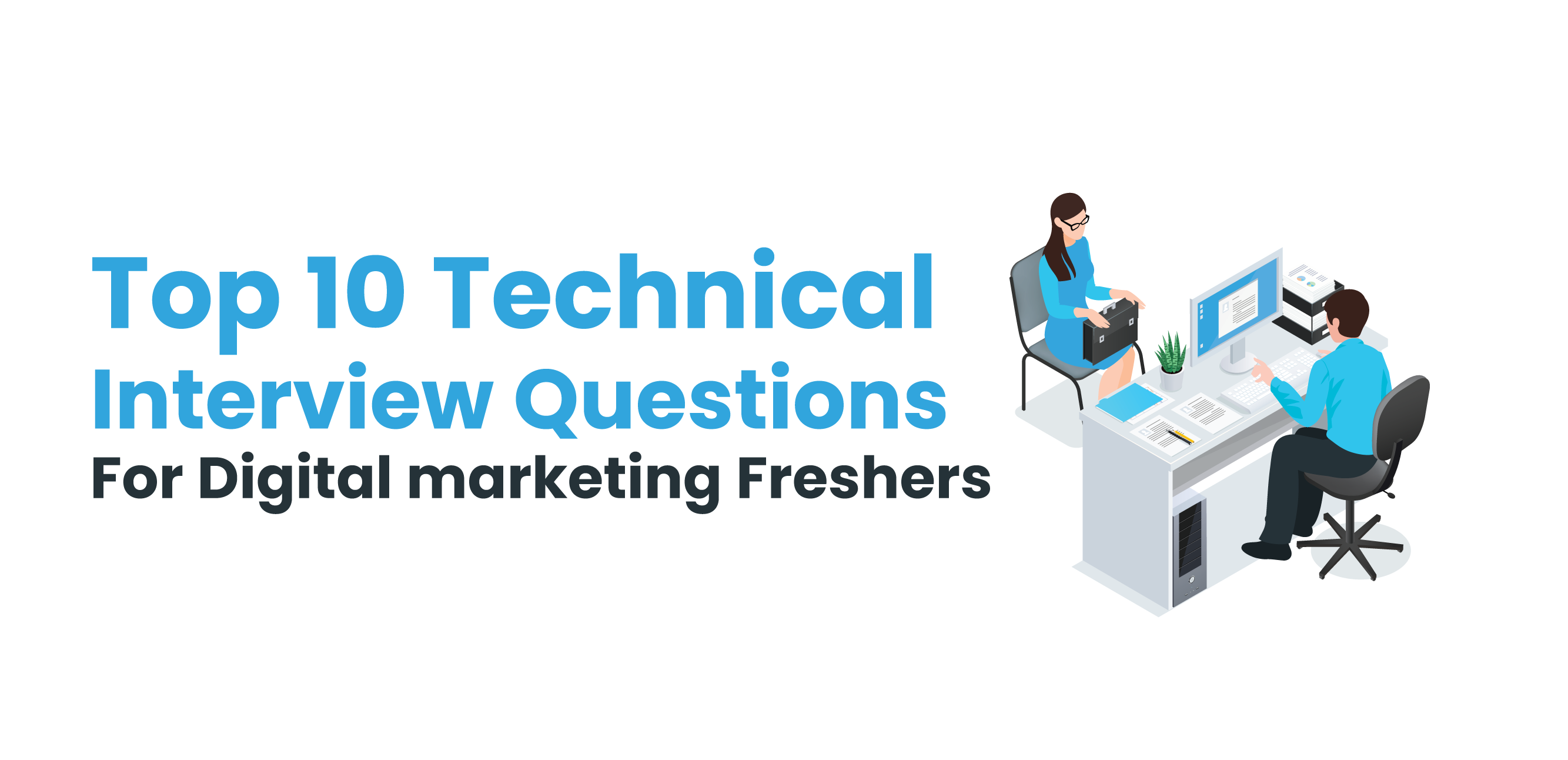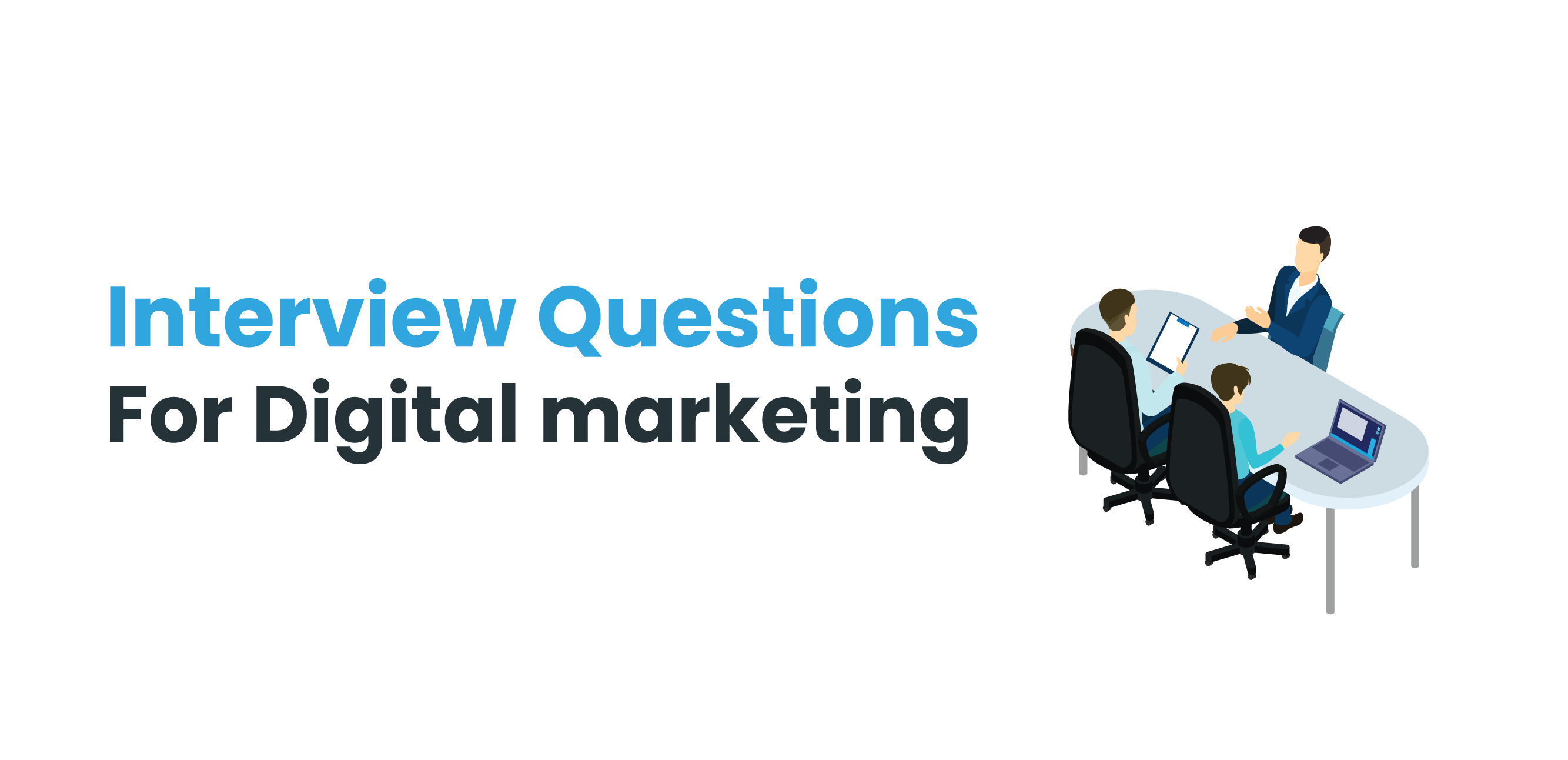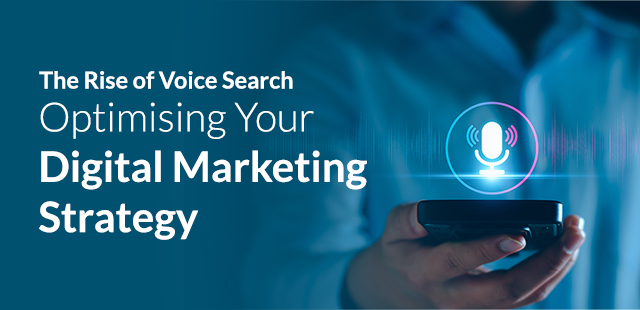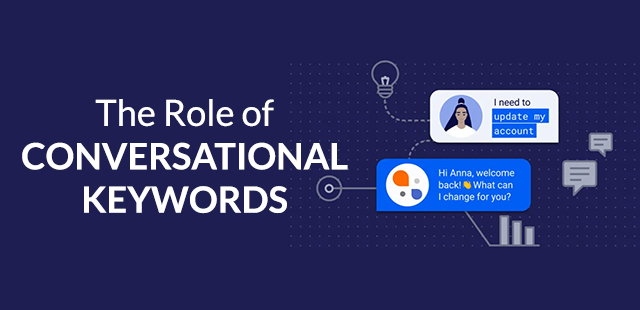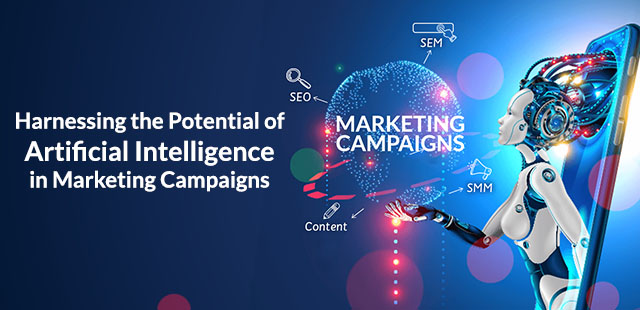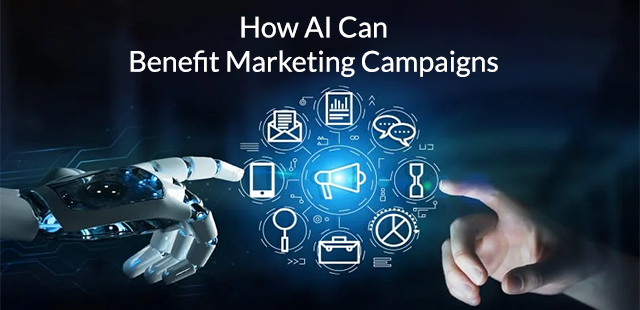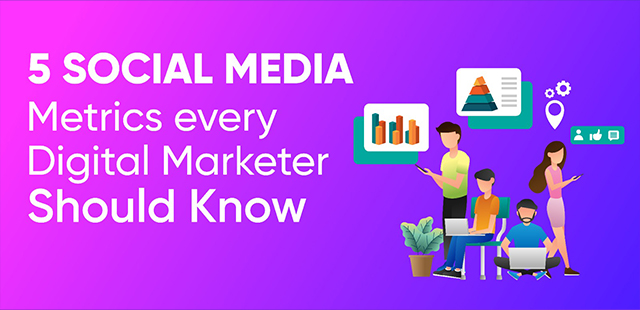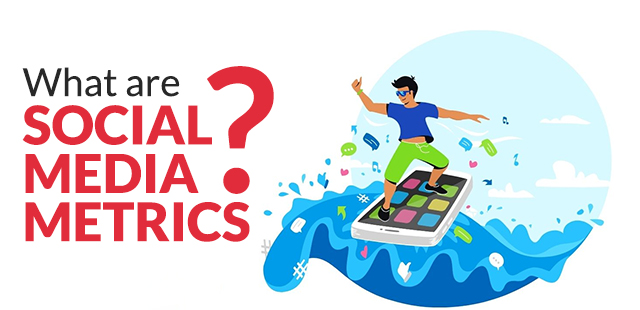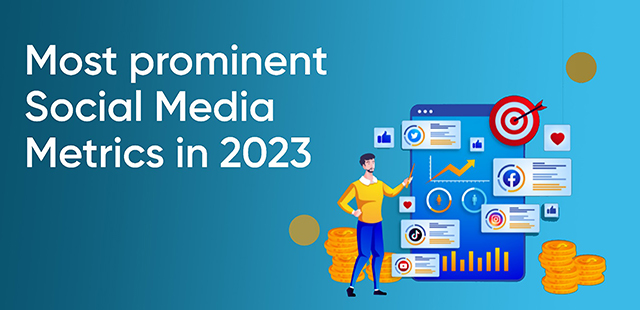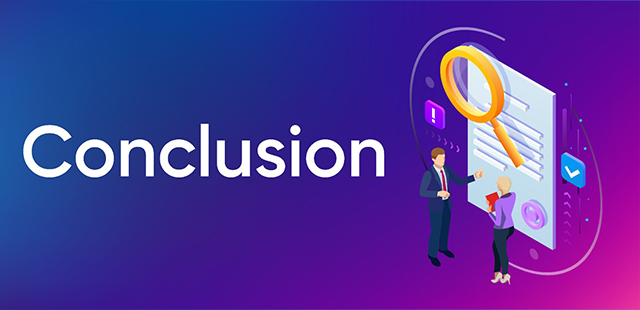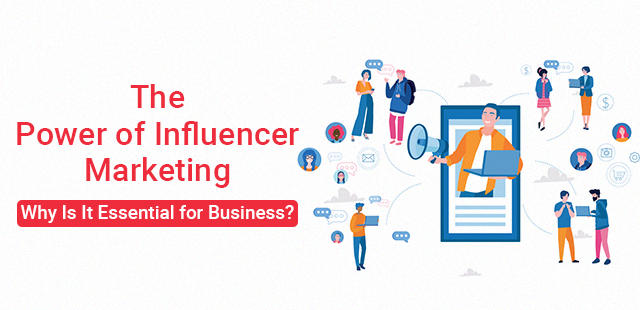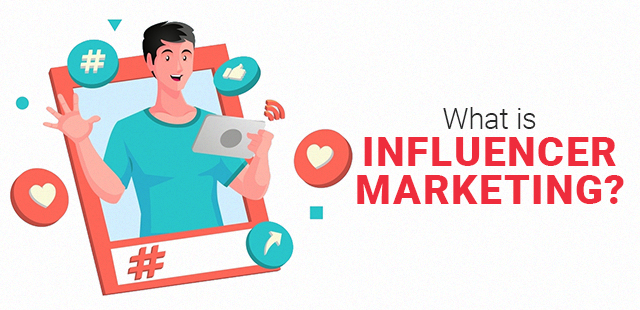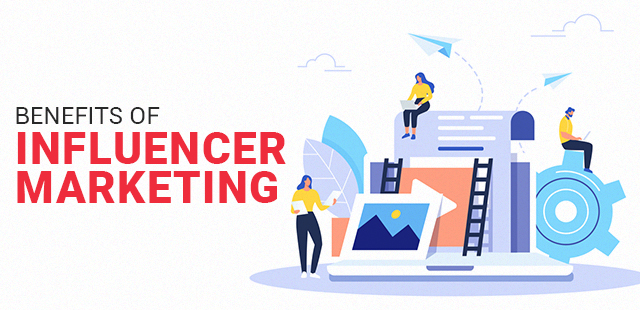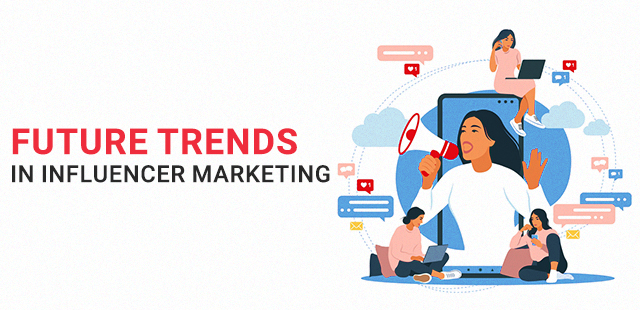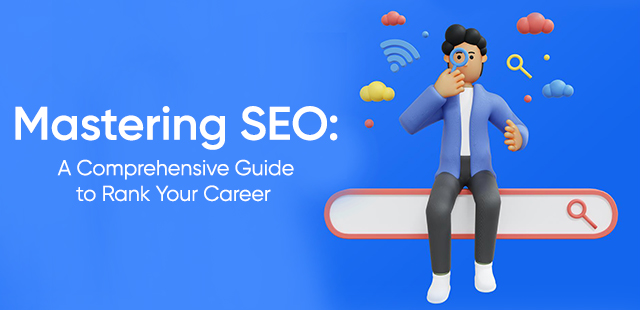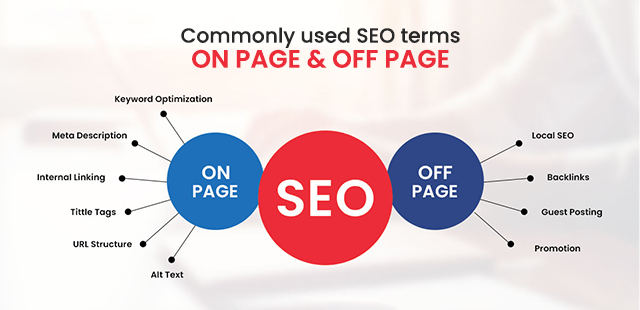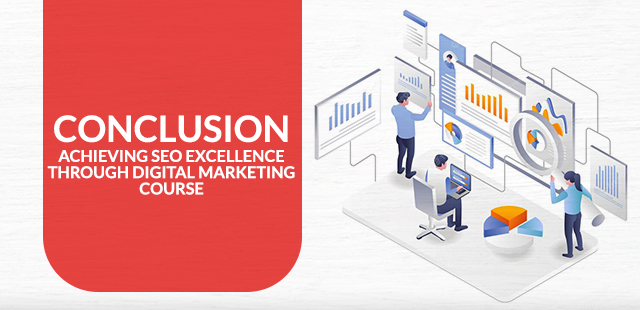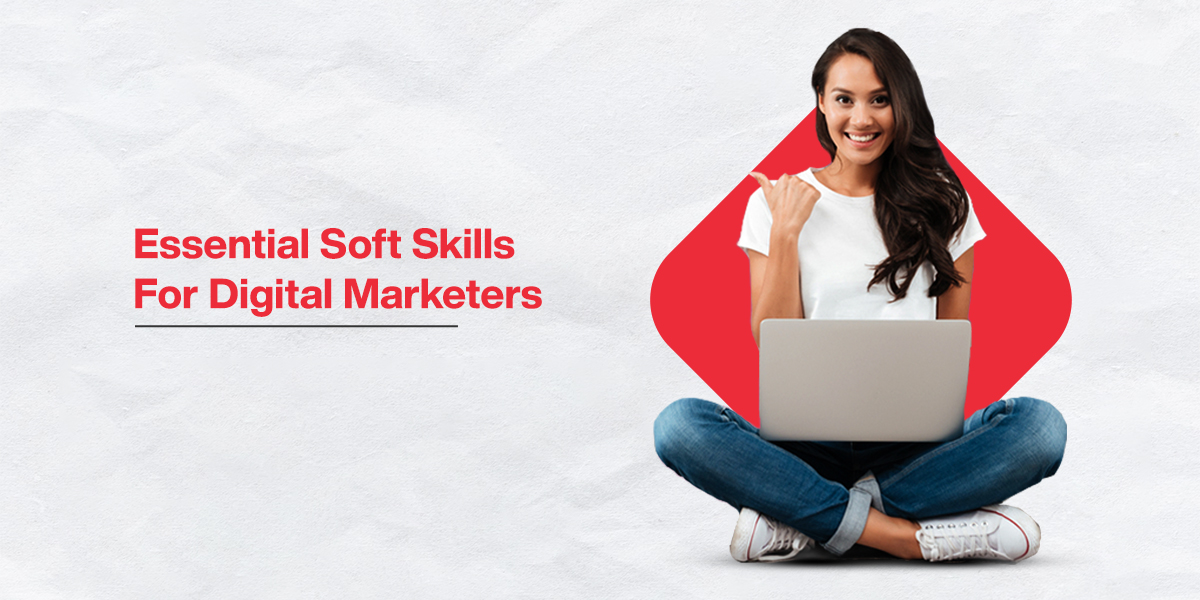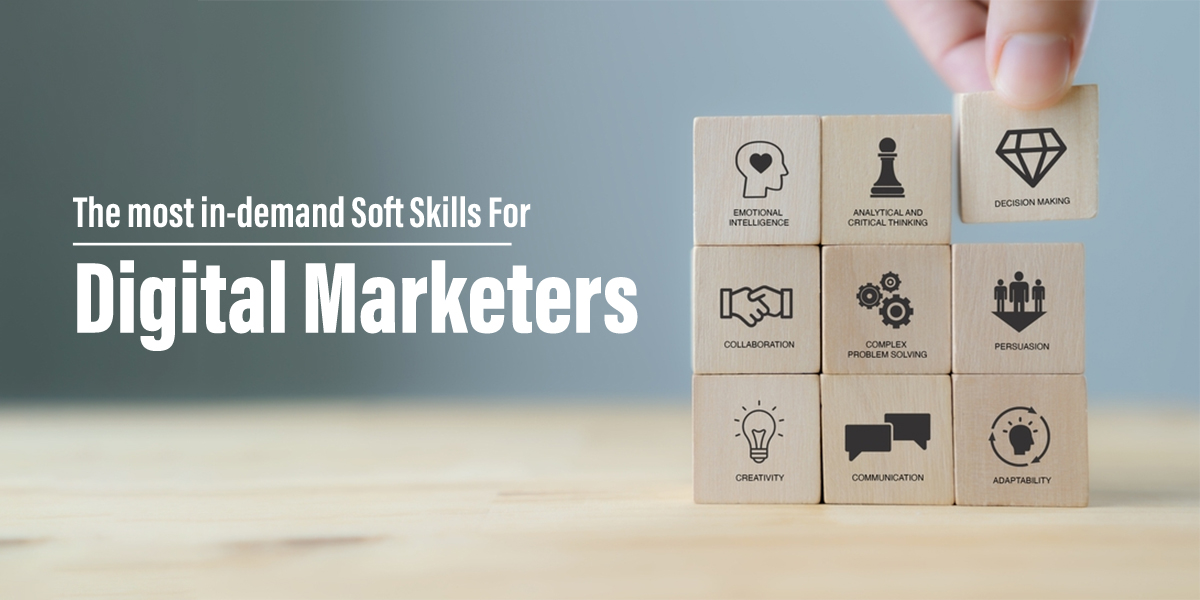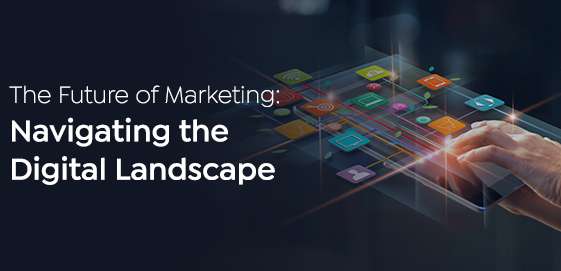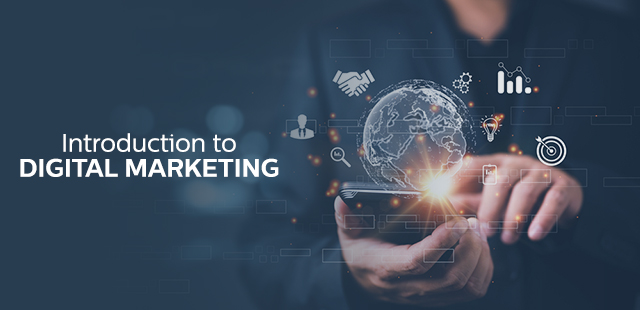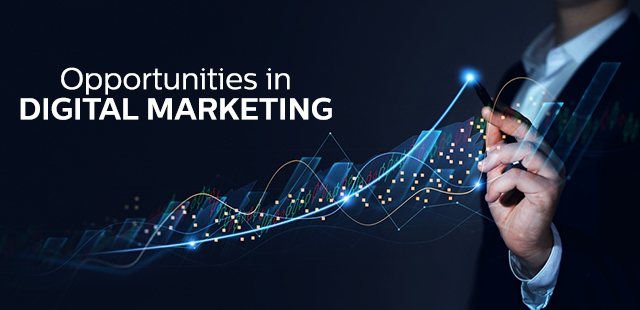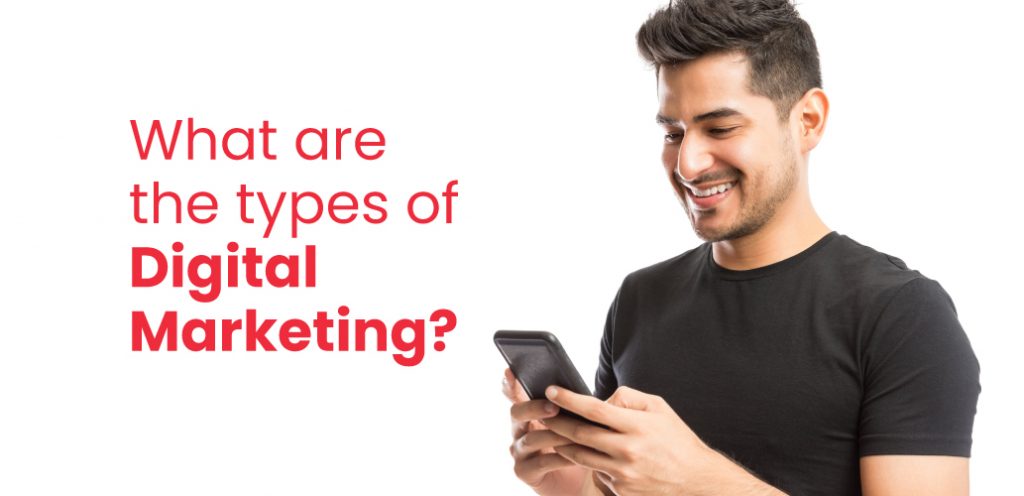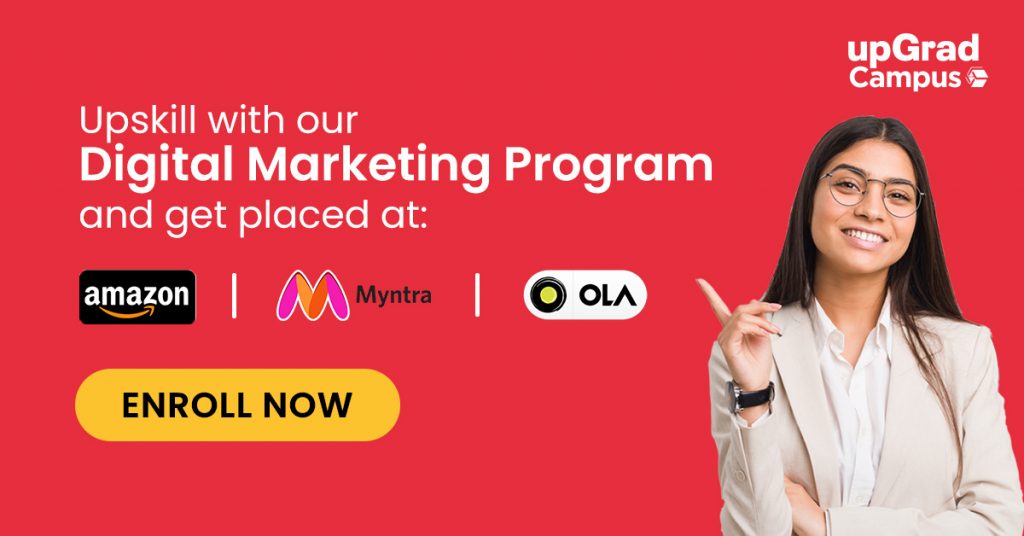Table of Contents
Digital Marketing is a constantly evolving field with trends changing sometimes by the day, if not in the hour. The only way for recruiters to ensure that you, a digital marketing fresher, can thrive in the company is to check your technical know-how.
Recruiters may ask you several questions on Social Media, Content, Analytics and more. But all they want to answer is one question – do you understand enough about the field to keep up with the recurring changes?
If you’re preparing for a digital marketing interview, then this article is the perfect place to get started.
Interview questions for Digital Marketing
The field of digital marketing is vast and wide with many channels. Mastering all the important digital marketing channels before your interview is simply not feasible. Ideally, you should have gained a strong understanding of the field with specialised knowledge in a specific channel.
As the interview draws closer, go through these 10 must-know digital marketing interview questions to make sure you have all your bases covered.
1. Describe the process of setting up and managing an online advertising campaign on platforms like Facebook or Google Ads.
Answer:- Interviewees should explain the steps involved in creating a successful online advertising campaign, including defining campaign objectives, targeting the right audience, selecting ad formats, and setting a budget. They should also emphasise the importance of continuous monitoring and optimization to maximise ROI.
2. How do you measure the effectiveness of a digital marketing campaign?
Answer:- A successful digital marketing campaign relies on accurate measurement and analysis. Interviewees should mention key performance indicators (KPIs) such as website traffic, conversion rates, click-through rates (CTR), and return on investment (ROI). Utilising tools like Google Analytics and other marketing automation platforms can provide valuable insights into campaign performance.
3. Explain how Ad Ranks are calculated?
Answer:- Ad Ranks in online advertising determine the position of an ad on a search engine results page. Ad Ranks are calculated based on the maximum bid for an ad, the ad’s quality score, and the expected impact of ad extensions and other ad formats. The formula for calculating Ad Rank is: Ad Rank = Bid Amount × Quality Score.
4. Explain the concept of A/B testing and its significance in digital marketing.
Answer:– A/B testing, also known as split testing, involves comparing two versions of a web page or marketing material to determine which performs better. Interviewees should explain its significance in optimising website elements, email campaigns, and ad creatives to improve conversion rates and user experience.
5. Can you explain the concept of PPC (Pay-Per-Click) advertising and its benefits?
Answer:- PPC advertising is a model where advertisers pay a fee each time their ad is clicked. It is commonly associated with platforms like Google Ads and allows businesses to bid on specific keywords relevant to their target audience. Interviewees should discuss the advantages of PPC, including immediate visibility, targeted audience reach, and the ability to control advertising costs.
6. What is RLSA, and how does it work?
Answer:- RLSA stands for Remarketing Lists for Search Ads. It is a feature in online advertising that allows advertisers to customise search ad campaigns for people who have previously visited their website. RLSA works by associating specific remarketing lists with search campaigns. When a user on the list performs a search, the associated campaign can be adjusted to show relevant ads or bid differently based on the user’s past interactions with the website.
7. What are the key elements of an effective email marketing strategy?
Answer:- Candidates should outline the essential components of an email marketing strategy, such as building a quality email list, segmenting the audience, crafting personalised and engaging content, and optimising email deliverability and open rates. Mentioning the importance of A/B testing for email subject lines and content variations will showcase a deeper understanding.
8. What is SEO, and how does it impact digital marketing efforts?
Answer:- Search Engine Optimization (SEO) is the practice of optimising a website to improve its visibility and ranking on search engine results pages (SERPs). It involves various on-page and off-page techniques, such as keyword research, link building, and content optimization. Candidates should emphasise the significance of SEO in driving organic traffic and enhancing the overall online presence of a brand.
9. How do you optimise a website for better search engine rankings (on-page and off-page SEO techniques)?
Answer:- Candidates should discuss on-page optimization techniques like meta tags, header tags, and keyword placement. Additionally, they should highlight off-page techniques such as link building, guest blogging, and social bookmarking to improve website authority and rankings.
10. How can you use content marketing to generate leads and engage with the target audience?
Answer:- Candidates should describe the process of creating valuable and relevant content tailored to the target audience’s needs and preferences. This content can be in the form of blog posts, videos, infographics, and more. They should also discuss content distribution strategies, including social media promotion and email newsletters.
Conclusion
Technical interviews can be challenging, especially for freshers entering the professional world. However, with proper preparation and understanding of the key technical interview questions for freshers, you can increase your chances of success.
Moreover, if you want guaranteed success in the field, you can always choose upGrad Campus Digital marketing certification course – our world-class online certification courses and live classes that will help you become job ready.
